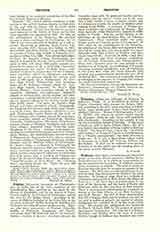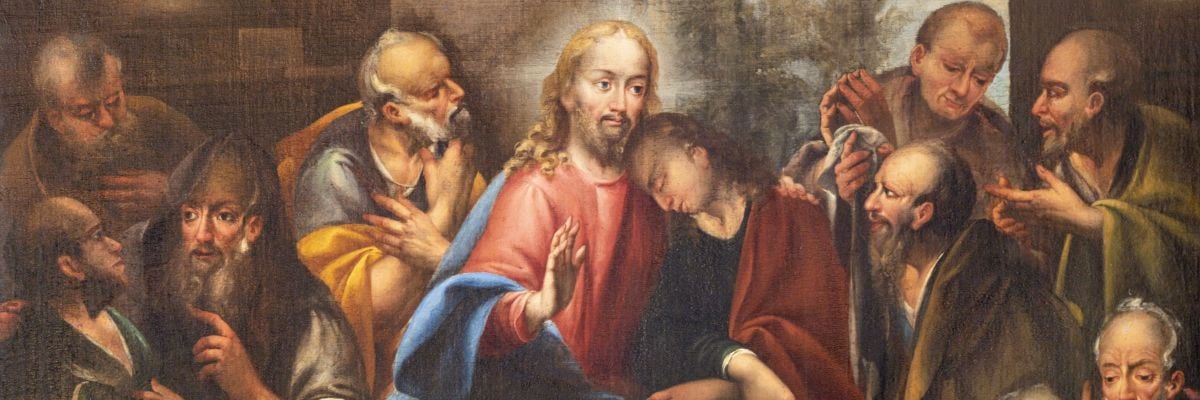

Triduum (three days), a time frequently chosen for prayer or for other devout practices, whether by individuals in private, or in public by congregations or special organizations in parishes, in religious communities, seminaries, or schools. The form of prayer or devotion depends upon the occasion or purpose of the triduum. The three days usually precede some feast, and the feast then determines the choice of the pious exercises. In liturgical usage there is a triduum of ceremonies and prayers in Holy Week; the Rogation Days (q.v.); the three days of litanies prior to the feast of the Ascension, and the feasts of Easter and Pentecost, with the first two days of their octaves. There is ecclesiastical authorization for a triduum in honor of the Holy Trinity, of the Holy Eucharist, and of St. Joseph. The first of these, instituted by Pius IX, August 8, 1847, may be made at any time of the year in public or private, and partial or plenary indulgences are attached to it on the usual conditions. The second, also indulgenced, was instituted by Pius X, April 10, 1907, for the purpose of promoting frequent Communion. The time for it is Friday, Saturday, and Sunday after the feast of Corpus Christi, though the bishops may designate any other more convenient time of the year. Each day there should be a sermon on the Holy Eucharist and Benediction of the Blessed Sacrament, and on Sunday there should be besides a sermon on the Gospel and on the Holy Eucharist, at the parochial Mass. This triduum is specially for cathedral churches, though the bishops may also require other churches to have it. The prayer, “O Most Sweet Jesus” (Dulcissime Jesu), as given in the “Raccolta“, is appointed for reading during Benediction. The triduum in honor of St. Joseph, prior to his feast on March 19, was recommended by Leo XIII in the Encyclical “Quamprimum pluries” (August 15, 1889), with the prayer, “To thee, O blessed Joseph.” The most frequent occasions for a triduum are: when children are preparing for their first Communion; among pupils in schools at the beginning of the scholastic year; among seminarians at the same time; and in religious communities for those who are to renew their vows yearly or every six months. The exercises of these triduums are mainly meditations or instructions disposing the hearers to a devout reception of the sacraments of penance and of Holy Communion and to betterment of life.
JOHN J. WYNNE


